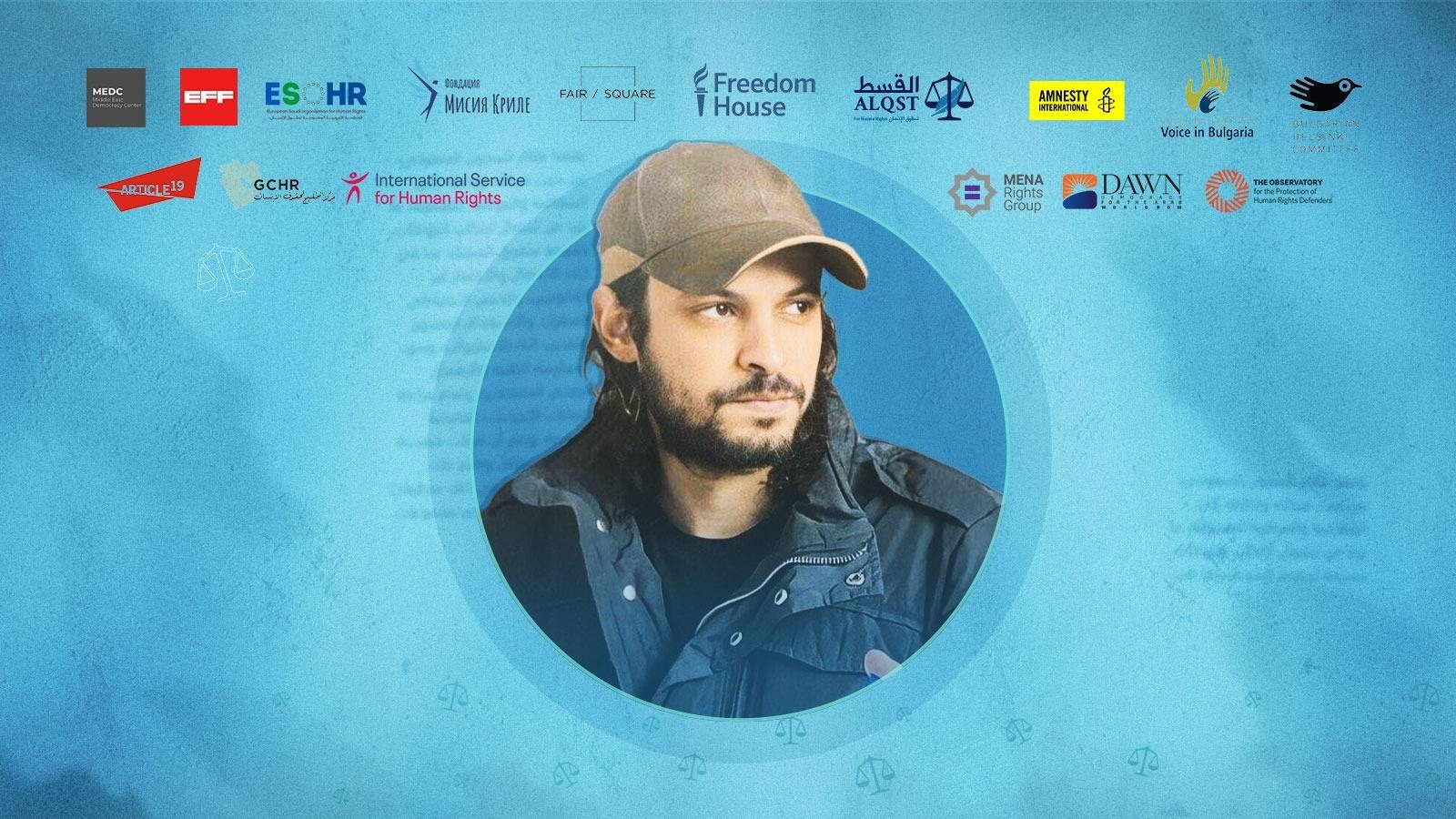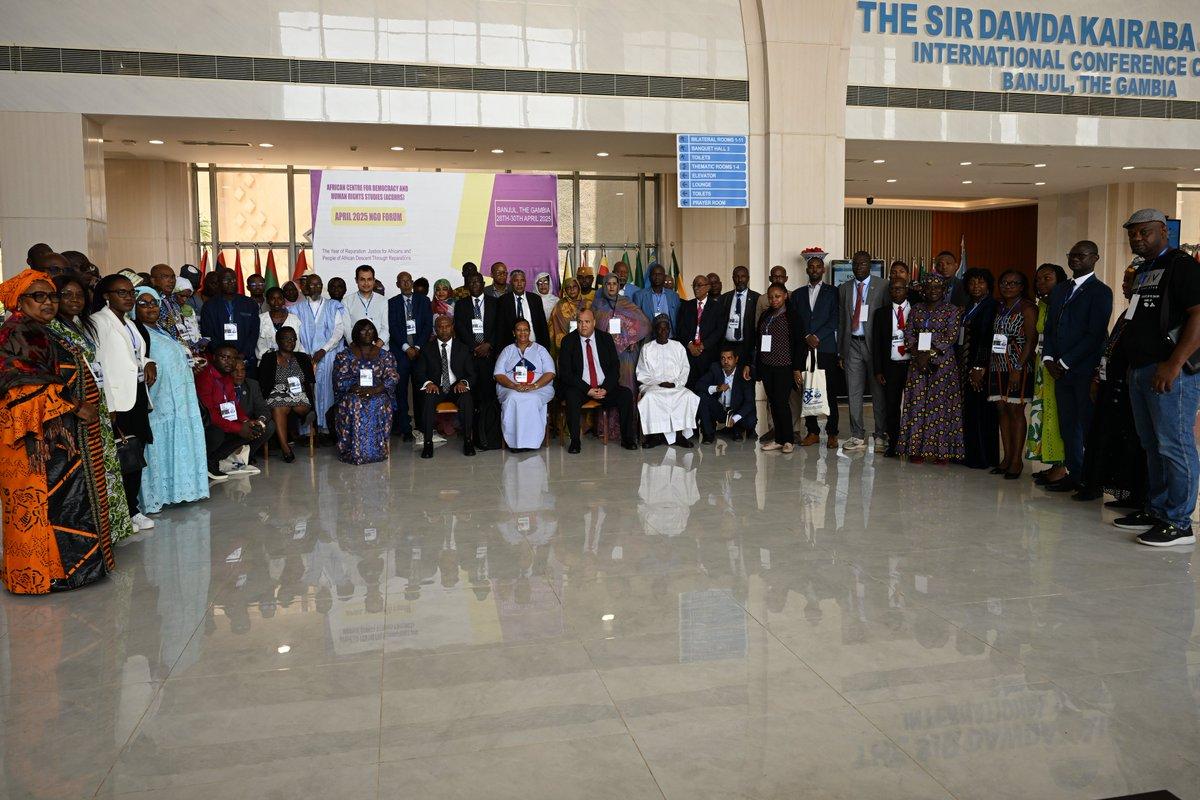
Egypt: Reform unjust vice laws, guarantee open civic space
During Egypt's UPR adoption at HRC59, Nora Noralla delivered a joint statement on behalf of ISHR, Cairo 52 and Middle East Democracy Center. Watch and read the full statement below.
Abdulrahman al-Khalidi/ALQST

Civil society urges the Bulgarian authorities to respect their legal obligations, urgently halt al-Khalidi’s deportation, release him from detention, and reconsider his application for international protection in a fair asylum procedure.
We, the undersigned civil society organisations, are deeply concerned about the case of Saudi activist Abdulrahman al-Khalidi, who is currently detained in Bulgaria and at risk of imminent deportation to Saudi Arabia. If deported, al-Khalidi would be at real risk of torture and other serious human rights violations due to his political opinions and activism in Saudi Arabia. We urge the Bulgarian authorities to respect their legal obligations under international, European Union and domestic law by immediately halting al-Khalidi’s deportation, releasing him from detention and reconsidering his application for international protection in a fair asylum procedure.
On 7 February 2024, al-Khalidi, who has been in the asylum process in Bulgaria for over two years, was notified of a deportation order issued against him. His lawyers have appealed the decision. Meanwhile, al-Khalidi is being held in administrative detention in Busmantsi Detention Centre near Sofia International Airport, despite the fact that the Bulgarian judiciary issued an order for his release on 18 January 2024. This order was then overturned by Bulgaria’s State Agency for National Security, which ordered his rearrest. While in detention, al-Khalidi was subjected to medical neglect for his untreated back problems, and he is currently not getting sufficient psychological support for his deteriorating mental health.
Al-Khalidi left Saudi Arabia in 2013 following numerous threats, including being summoned for interrogation by security officials, as a result of his peaceful activism. His activism included advocating for democratic reforms and campaigning with prominent Saudi figures such as journalist Jamal Khashoggi, who was brutally killed by Saudi agents inside the Saudi consulate in Istanbul in October 2018. After periods of exile in Egypt, Qatar and Turkey, al-Khalidi decided to head to the European Union in 2021 with the intention of applying for asylum in an EU country. Shortly after crossing the Turkish-Bulgarian border on 23 October 2021, however, he was arrested in Bulgaria for entering irregularly.
On 16 November 2021, al-Khalidi applied for asylum in Bulgaria, citing risks of serious human rights violations if he was returned to Saudi Arabia, including arbitrary detention, torture and an unfair trial. His asylum application was rejected by the Bulgarian State Agency for Refugees, which did not recognise the risk of persecution, arguing that Saudi Arabia had ‘taken measures to democratise society.’ Al-Khalidi challenged the decision before the Administrative Court in Sofia, and when his appeal was also rejected, he appealed to the Administrative Supreme Court, which on 27 September 2023 sent the case back to the lower court for retrial, citing procedural errors. On 9 January 2024, the lower court issued a judgement annulling the earlier refusal of asylum and referring his claim back to the State Agency for Refugees for reconsideration.
Al-Khalidi’s deportation to Saudi Arabia would constitute a grave violation of Bulgaria’s commitments under international, European Union and domestic law, including its own constitution, which states that Bulgaria shall grant asylum to foreigners persecuted for their opinions and activity in defence of internationally recognised rights and freedoms. As UN Special Rapporteur Mary Lawlor commented on Twitter/X: ‘This would run counter to Bulgaria’s commitment to non-refoulement – especially as Saudi Arabia is such a dangerous place for [human rights defenders].’ The principle of non-refoulement is a core element of international human rights and refugee law that is enshrined in several international treaties and conventions, including the Geneva Refugee Convention and Protocol (Art. 33), the International Covenant on Civil and Political Rights (Art. 7), and the United Nations Convention Against Torture (Art. 3). It obliges States not to return individuals to situations in which they are at risk of serious human rights violations.
Amid mounting repression in Saudi Arabia in recent years, including a chilling crackdown on freedoms of expression and association, increasing numbers of Saudi citizens and residents have left the country and sought asylum abroad in search of safety from persecution. If the Bulgarian authorities deport Abdulrahman al-Khalidi to Saudi Arabia, he will be at real risk of persecution, including arbitrary arrest, torture, and an unfair trial resulting in a lengthy prison term, due to his political views and activism.
In light of the above, our organisations urge the Bulgarian authorities to respect their legal obligations, urgently halt al-Khalidi’s deportation, release him from detention and reconsider his application for international protection in a fair asylum procedure as we believe that he is in need of international protection.
Signatories:

During Egypt's UPR adoption at HRC59, Nora Noralla delivered a joint statement on behalf of ISHR, Cairo 52 and Middle East Democracy Center. Watch and read the full statement below.

The 59th session of the UN Human Rights Council (16 June to 9 July 2025) will consider issues including civil society space, climate change, sexual orientation and gender identity, violence and discrimination against women and girls, poverty, peaceful assembly and association, and freedom of expression, among others. It will also present an opportunity to address grave human rights situations including in Afghanistan, Belarus, China, Eritrea, Israel and oPt, Sudan, Syria and Venezuela, among many others. Here’s an overview of some of the key issues on the agenda.

From 28 to 30 April 2025, participants in the NGO Forum held in Banjul, The Gambia, discussed key human rights and democracy issues affecting the continent, as well as the work of defenders. Participants contributed to the adoption of resolutions and recommendations, with a focus on reparations and transitional justice.